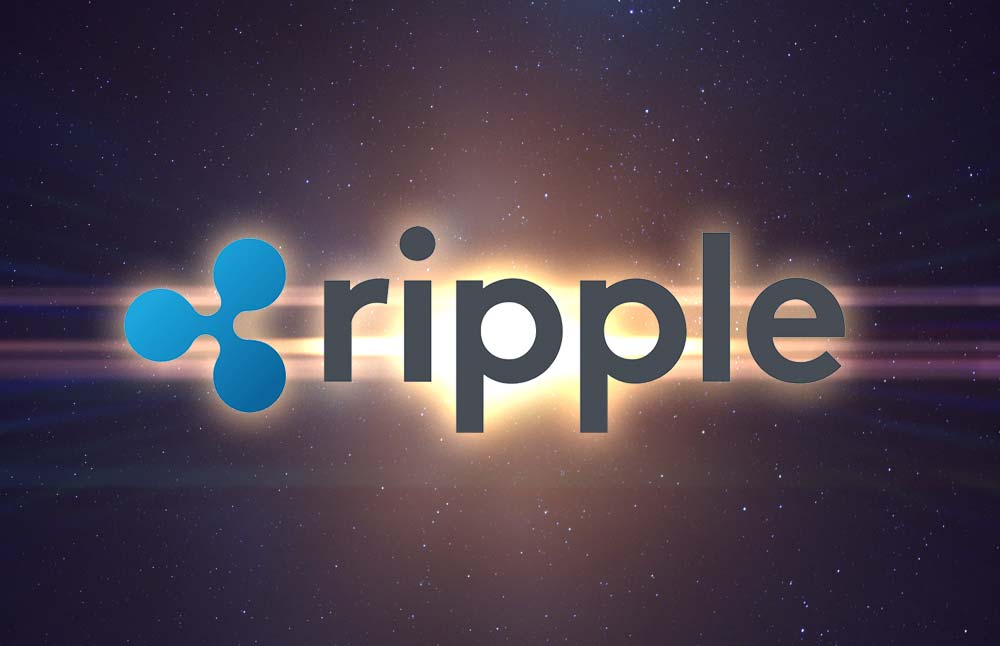Ripple President Flags Key Stablecoin Challenges and Progress as RLUSD Adoption Grows
10.05.2025 9:00 2 min. read Alexander Stefanov
Ripple’s president, Monica Long, is drawing attention to the growing role of stablecoins in global finance, emphasizing that businesses can no longer afford to sideline them.
Speaking at the recent Stripe Sessions and later summarizing her thoughts online, Long laid out Ripple’s key lessons from its journey through blockchain payments.
One of her core messages: stablecoin success hinges on smooth integration with local financial systems. That means banks need regulatory certainty—a condition that’s steadily improving compared to just two years ago, according to Long.
She also noted that while it’s tempting for fintech firms to operate as pure software providers, real-world impact demands navigating strict compliance environments. Ripple, now holding over 60 licenses globally, has leaned into a regulation-first strategy to stay ahead.
Long also warned of a looming challenge: for stablecoins to compete in the foreign exchange space, they’ll need deep liquidity across a wide range of fiat currencies.
Her insights come at a time when the stablecoin market is booming, recently crossing the $240 billion mark. Ripple’s own RLUSD has emerged as a rising player since launching in late 2024. The token is now live on major exchanges including Kraken and Gemini and is being adopted across DeFi platforms such as Aave and Curve.
Ripple has further expanded RLUSD’s utility by acquiring Hidden Road, a financial services firm that will use the token as collateral, tightening the link between traditional finance and digital assets. RLUSD is also integrated into Ripple’s own payment infrastructure, reinforcing the company’s strategy to make stablecoins a pillar of future cross-border finance.
-
1
Bybit Steps Into DeFi With Solana-Based Platform
16.06.2025 17:00 1 min. read -
2
Ripple’s Stablecoin Gains Global Reach Through Alchemy Pay Integration
18.06.2025 8:00 1 min. read -
3
FSB Flags Mounting Crypto Risks as Stablecoins Tighten Grip on Finance
13.06.2025 11:00 2 min. read -
4
ARK Invest Takes Early Profits After Circle’s Skyrocketing IPO
18.06.2025 9:00 1 min. read -
5
Crypto Market May Be in Early Stages of Multi-Year Rally, Says Real Vision CEO
21.06.2025 17:00 2 min. read
Weekly Recap: Key Shifts and Milestones Across the Crypto Ecosystem
The first week of July brought notable advancements in crypto infrastructure, governance, and trading.
EU Risks Falling Behind in Digital Finance, Warns Former ECB Board Member
Europe’s reluctance to embrace stablecoins and blockchain technology could erode its monetary sovereignty and marginalize the euro in the next phase of global finance, according to former European Central Bank board member Lorenzo Bini Smaghi.
Toncoin Launches UAE Golden Visa Program Through $100,000 Staking Offer
Toncoin (TON) has unveiled an exclusive partnership with the United Arab Emirates (UAE) to offer users a path to the coveted 10-year UAE Golden Visa—through crypto staking.
White House Advisor Points Out What Could Push Crypto Market to $20 trillion
Bo Hines, the U.S. President’s Chief Advisor on Digital Assets, believes that upcoming stablecoin legislation could catapult the digital asset market to unprecedented heights. In a recent statement,
-
1
Bybit Steps Into DeFi With Solana-Based Platform
16.06.2025 17:00 1 min. read -
2
Ripple’s Stablecoin Gains Global Reach Through Alchemy Pay Integration
18.06.2025 8:00 1 min. read -
3
FSB Flags Mounting Crypto Risks as Stablecoins Tighten Grip on Finance
13.06.2025 11:00 2 min. read -
4
ARK Invest Takes Early Profits After Circle’s Skyrocketing IPO
18.06.2025 9:00 1 min. read -
5
Crypto Market May Be in Early Stages of Multi-Year Rally, Says Real Vision CEO
21.06.2025 17:00 2 min. read


